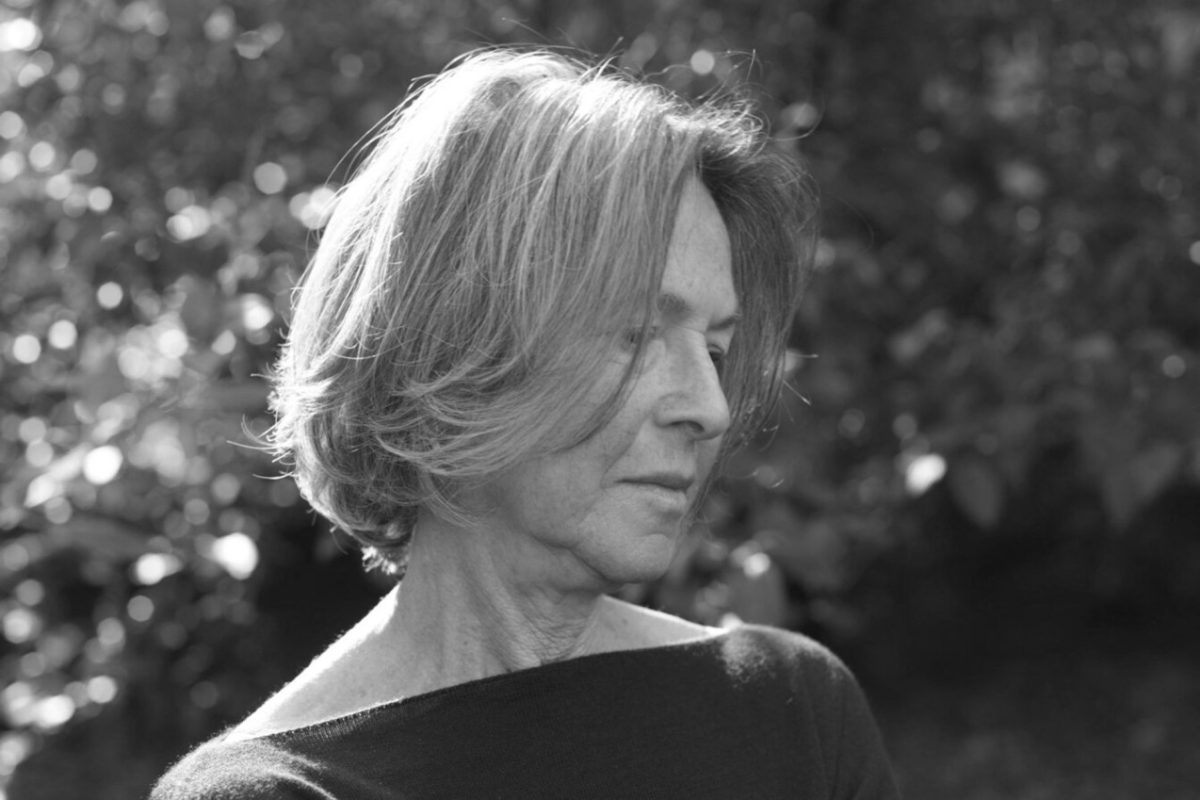Oct.13 marks a tragic day for the literary world following the death of an inspiring and profound poet and essayist, Louise Glück. Glück’s death at 80 was confirmed by her editor at Farrar, Straus and Giroux on Friday. The poet passed away in her Cambridge, Massachusetts home after recently discovering she had cancer, according to author and former student of Glück Jorie Graham. Glück won the 2020 Nobel Prize in Literature where she was recognized for her legendary poetic voice upon receiving this award three years ago.
On April 22, 1943, Louise Glück was born in New York City as the eldest daughter of Daniel Glück, a businessman, and Beatrice Glück, a homemaker. Her familial upbringing fostered creativity, and some of her earliest influences are attributed to her parents who began reading her Greek mythology and classic stories to which became themes commonly referenced within her works. As a teenager, however, she struggled with an eating disorder which would later form her poignant voice and fuel her writing. She went on to attend Sarah Lawrence University and later pursue a Master of Fine Arts in English literature at Columbia University.
In 1968, she published her first book, “Firstborn,” a collection of poetry that serves as an early glimpse into Glücks introspective and emotionally-fueled writing style. Her poetry often challenges uncomfortable themes such as trauma, loss, identity and existential questions. Author and Editor Kevin Young relates her pieces of work to gemstones, “Each one polished to perfection, but with a cutting edge that can still draw blood.” Her work is beautiful yet piercing, and this is something that resonates among readers and poets alike.
A raw sense of limitation and longing are extremely prominent motifs throughout Glück’s work, and the poet is noted for her ability to convey such emotion in quite simple yet concise language. Glück continued to pursue her creativity; she published more than a dozen pieces of subsequent work, such as “The House on Marshland” (1975), “The Triumph of Achilles” (1985) and “The Wild Iris” (1993). The third of which, a collection of poems, solidified her reputation and titled her as a Pulitzer Prize Winner. During these years, Glück also began to establish herself as a notable educator at various institutions such as Goddard College, Williams College and the University of Iowa. Towards the end of her life, she continued to write and teach, her most recent position as a Professor of Poetry at Yale University in New Haven, Connecticut.
Glück was elected as a Chancellor of the Academy of American Poets in 1998 and also served as the United States poet laureate in 2003. The poet received various other honors during her several-decades long career, such as The New Yorker’s Book Award in Poetry, the Wallace Stevens Award from the Academy of American Poets, the William Carlos Williams Award from the Poetry Society of America, and the National Book Critics Circle Award.







Helen Galick • Oct 29, 2023 at 3:54 pm
Well done! I’m inspired to read her work.